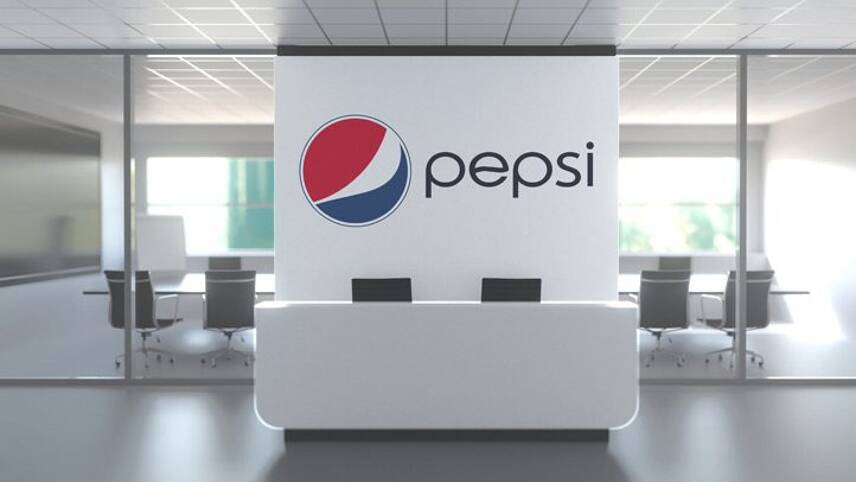Register for free and continue reading
Join our growing army of changemakers and get unlimited access to our premium content

From farm to fork, we’re driving forward circular economy initiatives. For example, we’re aiming to eliminate virgin fossil-based plastic in all our chip and crisp packets in Europe by 2030, using 100% plastic derived from recycled or renewable sources.
On our farms, we’re using leftover potato peelings and converting them into low-carbon fertilizer that is then returned to the farms where potatoes for our crisps are grown.
In our plants – such as our new Copernicus factory in Poland, which has been designed to achieve zero emissions by 2035 – we’re even generating the plant’s own energy through solar power and collecting rainwater for reuse.
But while we’re making significant progress, there are undoubtedly challenges to work through – from incentivising suppliers to increase the availability of renewable or recycled plastics or supporting our farmers to get the tangible benefits of regenerative agriculture, to building our bank of data, research and innovation to prove the benefits of our innovations and make sure we’re on the right path towards a circular economy.
The answer to these challenges is collaboration. We need to foster a culture and the right framework for cross-industry alliances – only in doing so will we be able to transform to a circular economy at the rate we need to.
Working together
It’s a truism that companies are built to compete – but success in moving towards a circular economy needs collaboration and knowledge sharing to be built in. This will help us to establish reliable data to measure our progress, and will also enable faster and better innovation to take place.
There are a number of schemes which PepsiCo is trialling in Europe to ease pressures in building a circular economy. These rely on learning through shared experience and working together.
For example, we are members of the Perfect Sorting Consortium, a trial bringing together national testing centre Circular Plastics, a number of fast-moving consumer goods (FMCG) businesses, Ghent University and Radboud University with an aim to use AI to improve packaging waste sorting. The AI decision model is being developed to detect, identify and classify packaging beyond current sorting streams, making use of an open innovation approach.
These technological advances are critical for us to make the seemingly impossible possible – focusing on products and different ways of working which will help us to shift the dial. Working with partners across the supply chain will allow us to find the best and most workable solutions quickly and test them at scale.
Creating a framework for change
Pushing towards a circular economy needs to happen quickly, but change must be measurable if it is to be effective. For those of us operating in large food brands companies, collaboration requires action outside our normal operational levers.
There are still question marks about data, and how comparable they are across the board. There are also risks around incentivising the right technologies, and collecting data and modelling to understand whether they will be able to deliver the results our planet demands.
We need clear structures in order for this to happen. Smart regulation could be a gamechanger as we accelerate towards a new low-carbon economy.
This could be a framework which is able to move as many sustainability issues as possible to a pre-competitive level, where we can collaborate with industry players, policy makers, non-government organisations and others in the supply chain with greater impact – much more effective than every company or organisation having parallel and potentially duplicative processes.
PepsiCo wants to lead the creation of this framework. Waste reduction, in all its forms and across our value chain, is a strategic imperative for PepsiCo and a key tenet of our pep+ (PepsiCo Positive) ambition.
Brands like us have a critical role to play in moving towards a circular economy – but we can’t do it alone. We need to encourage collaboration across our entire value chain to lead the move towards a more sustainable future for our planet and people.



Welcome this initiative from PepsiCo and hope other major brands will follow.
How Global will this initiative be? What challenges be posed in mobilizing such plans across different countries? And how will the Company adapt to regional differences?